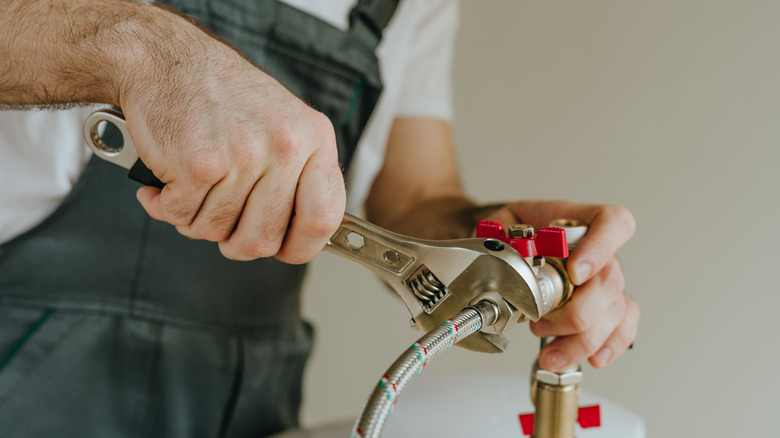What To Know Before Installing A More Energy-Efficient Water Heater In Your Home
Water heaters tend to use a large amount of energy in the home. You can take measures to trim down your energy usage, such as taking a shorter shower or washing your laundry in cold water. You may have considered installing a new water heater that is more energy efficient as a way to save on your utility bill. There are many factors that you must research and examine before installing an energy-efficient water heater in your home, including finding the most reliable water heater brand. Some essential things to consider when installing a new water heater include noting the Uniform Energy Factor (UEF) rating, the size of the water heater for ventilation, Energy Star certification, and tax benefits.
When it's time to replace your water heater, it can be overwhelming when looking to purchase a new energy-efficient one. There are many varying types of water heaters to choose from. There are storage-tank water heaters, solar water heaters, heat-pump water heaters, and tankless water heaters. Heat pump and tankless heaters are both high on energy efficiency and have the potential to be long-lasting. Storage tank heaters are the most popular for homes and can run on electric or gas. Solar heaters are by far the most energy-efficient but also the most expensive. No matter what type of water heater you choose, when comparing tankless vs. tank heaters, there are some other important aspects to consider.
Energy rating, water usage, and tax benefits are key factors to consider when choosing an energy-efficient water heater
One of the biggest factors you want to examine is the energy efficiency of the water heater. There are a couple of ways to do that, one being with the Uniform Energy Factor rating, or UEF. The higher the UEF rating on the heater, the lower the energy waste. This is a similar rating to the Energy Star certification or label. Water heaters with the Energy Star label indicate that the product has higher energy efficiency than products without it; it's easy to spot for consumers looking for a water heater that can help them save on their utility bill.
Tanks often offer up to 55 gallons, but you may not need that much. It's important to consider how much hot water you need in your home and who's using it. If you're short on hot water in the home, it may be better to get a model that accommodates more. You should also measure the area where the water heater will go to ensure it fits in the given space. If you plan to upgrade, it may not work. You also need to look at whether you use electric or gas for your hot water, and how that will affect your energy usage if you switch to the other. Heat pump water heaters, for example, may be preferred due to a federal tax incentive that helps homeowners save on professional installation costs, the promise of a tax credit, and a rebate. You should also check the drainage valve type and be sure to opt for brass instead of plastic, since they are stronger. Lastly, consider the maintenance requirements for your water heater to keep it working properly for longevity.

